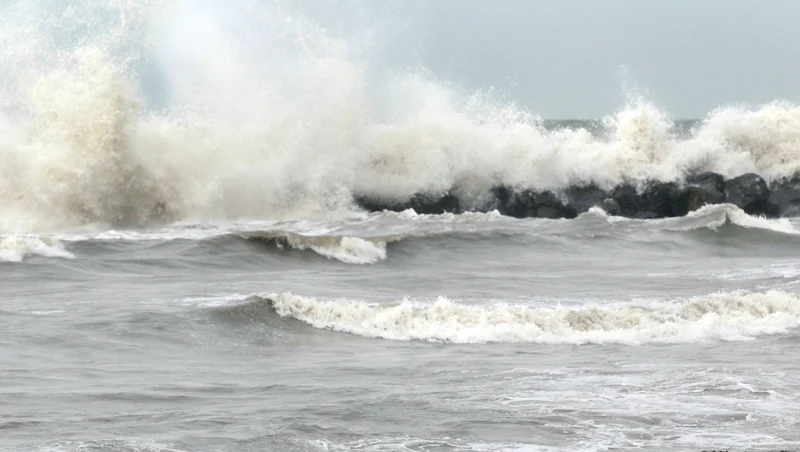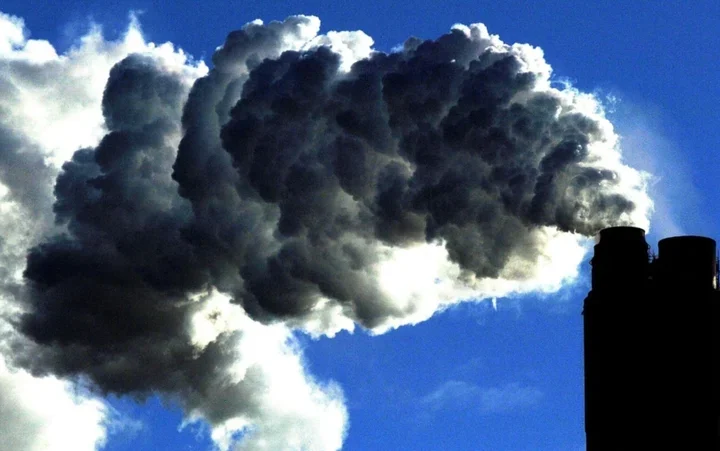Disruption and damage to Ireland’s energy system and built environment from extreme wind events are among 115 risks the country faces due to climate change, according to the EPA.
The Environmental Protection Agency has published its first National Climate Change Risk Assessment.
It is calling for urgent action within the next five years to increase the resilience of Ireland’s energy transmission and communications infrastructure.
The report says it is possible that climate change might bring fewer extreme wind storms in the future, but warns that when the big winds come, they will be stronger and do more damage than ever before.
What are the risks that Ireland faces?

The assessment says Ireland’s exposure to extreme wind is at a critical level.
Consequently, making energy and communications infrastructure more resilient is a priority that needs to be addressed in the next five years.
The National Climate Change Risk Assessment report also notes how other critical services and functions are severely compromised when electricity and communications systems are damaged.
This was the experience across the country due to Storms Darragh and Éowyn earlier this year.
The EPA added disruption and damage to buildings and transport infrastructure as a result of extreme wind, coastal erosion, and coastal flooding to the list of significant risks that must be addressed within the next five years.
Ireland’s coastline is already experiencing the impacts of coastal erosion and flooding.
The report warns that buildings and transport infrastructure concentrated in coastal areas in and around Dublin, the southeast, and the southwest are particularly exposed to coastal erosion and coastal flooding.

Inland flooding is another priority risk that needs to be addressed.
The report highlights how changes in precipitation patterns will result in an increase in the frequency and severity of river, surface water, and groundwater flooding events.
It says the built environment, which includes transport infrastructure and buildings, is particularly exposed because hard surfaces exacerbate flood risks.
The EPA is warning that by mid-century, those risks will have increased to a critical level, with consequences for both physical and mental human health.
EPA Director General Laura Burke said the report “highlights the need for additional urgent action to ensure Ireland is sustainably resilient to the risks that we currently face, and will increasingly experience, in the coming decades.”
What are the opportunities?

The report says warmer temperatures, increased precipitation, and warmer seas present potential opportunities for certain economic sectors.
It identified five so-called “opportunities” where it thinks climate change could benefit the country.
It suggests climate change could bring improved physical and mental health for people from spending more time outdoors due to higher average temperatures.
A longer season for outdoor activities will encourage economic activity related to tourism, also due to higher average temperatures.
For agriculture in Ireland, higher average temperatures could result in a longer growing season and improved livestock nutrition and grazing.
There is potential, too, for increased hydropower generation because of increased rainfall.
Ireland could also benefit from greater shellfish growth and marine species diversity due to warmer seas.















